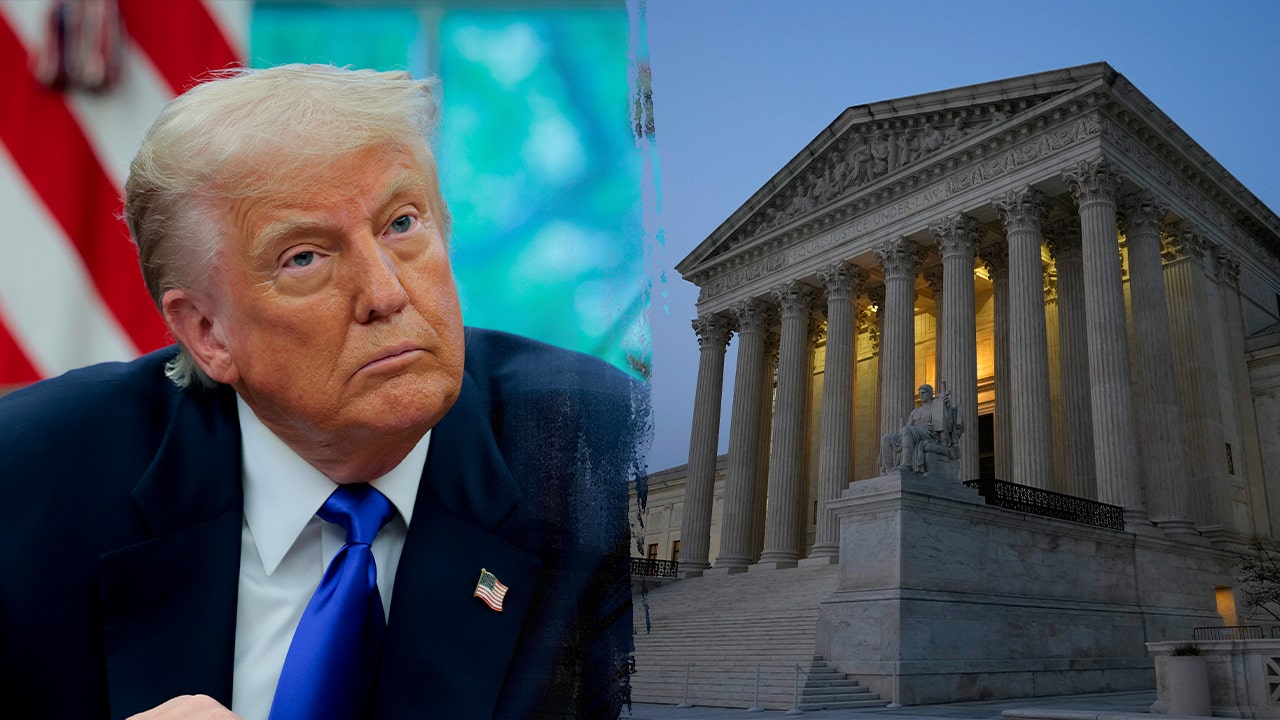Trump Asks Supreme Court to Review Birthright Citizenship Order
- The administration wants the Court to reconsider how the 14th Amendment is applied.
- The fight centers on whether jus soli remains the default rule for citizenship.
- Lower courts, class actions, and constitutional history will shape the final outcome.
The Trump administration on Friday asked the U.S. Supreme Court to review President Donald Trump’s executive order restricting birthright citizenship, a move that could redefine what has become known as a bedrock constitutional guarantee. This is a high-stakes, frontal legal attack that aims to reinterpret a century-plus of precedent. Expect the argument to mix text, history, and policy consequences in a way that forces the Court to pick sides.
The request follows an ACLU-led class action in New Hampshire, escalating a clash that reaches back to Reconstruction. That lawsuit is the practical battleground for opponents who say the order undercuts settled law and human dignity. Supporters see the court fight as the right venue to undo what they call a misreading of the Constitution.
At stake is whether the U.S. will continue to recognize nearly all children born on its soil as citizens, a principle the Supreme Court decided in “United States v. Wong Kim Ark” (1898). Conservatives pushing the administration’s view argue the phrase “subject to the jurisdiction thereof” was never meant to extend to everyone on American soil. If the Court narrows the rule, it could change who is automatically entitled to citizenship going forward.
The outcome could reshape the 14th Amendment‘s Citizenship Clause, long understood to guarantee citizenship to virtually every child born in the U.S. except narrow exceptions. The administration’s order targets that broad interpretation and would limit birthright citizenship to children of citizens and lawful permanent residents. That change would be dramatic and immediate if the Court upholds the order.
In “Wong Kim Ark,” the Court ruled a San Francisco-born man whose Chinese parents were barred from naturalization was nonetheless an American citizen under the 14th Amendment, cementing jus soli with few exceptions. Critics of the new order point to that precedent and decades of practice as proof the Constitution protects birthright citizenship. UC Berkeley law professor John Yoo has argued historically grounded objections to changing that rule, saying the Framers borrowed British “jus soli” traditions and Reconstruction lawmakers expanded citizenship to include formerly enslaved people and their descendants.
“It is simply beyond doubt that the Framers operated by borrowing and adopting common law principles … to adopt an interpretation that rejects that meaning, we would want to see historical evidence that the Framers had adopted a radically new interpretation,” Yoo wrote. Supporters counter that “subject to the jurisdiction thereof” requires full political allegiance and that “complete” jurisdiction means allegiance to the United States. John Eastman, who advised on drafting the policy, has argued that the Constitution requires both birth on U.S. soil and “complete” jurisdiction.
The order has already faced multiple challenges, with federal courts issuing and then narrowing injunctions. Justice Sonia Sotomayor suggested class actions could help challengers, writing that “parents of children covered by the Citizenship Order would be well advised to file promptly class action suits … and lower courts would be wise to act swiftly.” The ACLU’s new New Hampshire suit follows that playbook and promises more litigation ahead.
“Every court to have looked at this cruel order agrees that it is unconstitutional … we are fighting to make sure President Trump cannot trample on the citizenship rights of a single child,” said Cody Wofsy, an attorney with the ACLU. “This executive order directly opposes our Constitution, values, and history, and it would create a permanent, multigenerational subclass,” added Devon Chaffee, executive director of ACLU-NH. The White House and ACLU partners have been asked for comment by Fox News Digital.


Leave a Comment